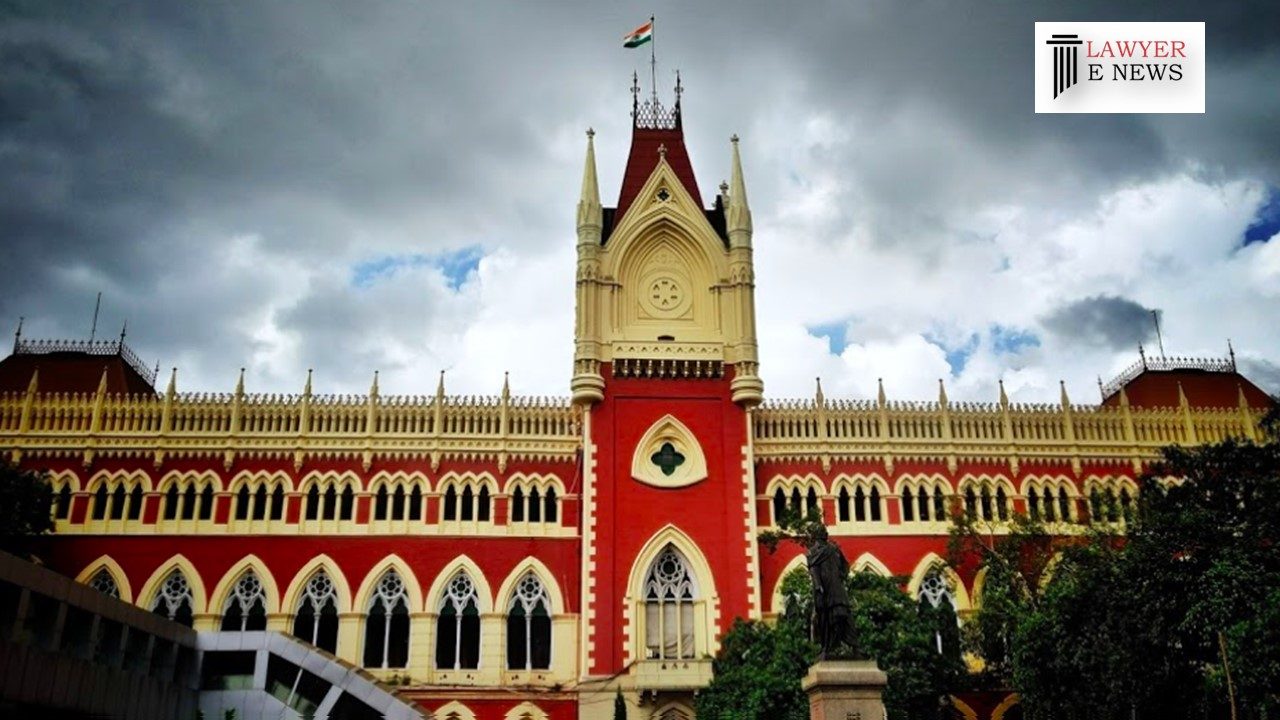-
by sayum
14 February 2026 2:22 PM



In a significant judgment, the Calcutta High Court has dismissed an appeal challenging the legality of renovation and construction work at premises no. 99A and 99C, Bidhan Sarani, Kolkata. The court confirmed that the renovations undertaken were within the bounds of the law, thereby upholding the earlier decision of the Single Judge.
The appeal contested the Single Judge’s ruling regarding construction and renovation work which was alleged to be unauthorized and contrary to the provisions of the Kolkata Municipal Corporation Act, 1980 (KMC Act) and Building Rules under the KMC Act. However, the High Court’s judgment affirmed that the activities undertaken were legally permissible.
The appellant, Smt. Pritha Nandy, contested the legality of the renovation works done by the respondents, arguing they exceeded the permissible limits under local municipal regulations and involved unauthorized alterations such as the demolition of partition walls and the erection of steel joists. The property in question, shared with her sister-in-law and other tenants, was under dispute in multiple civil suits concerning property rights and tenant evictions.
Issue of Unauthorized Construction: The court noted the expert report from the Director General, Building, Kolkata Municipal Corporation, which stated that the renovations including the installation of steel joists and the demolition of partition walls were necessary for structural safety and did not violate municipal law.
Compliance with Building Rules and KMC Act: The court analyzed the Building Rules and provisions of the KMC Act. The Director General’s report concluded that the construction was to secure the building and ensure the safety of its occupants and the public.
Property Rights and Civil Litigation: The High Court emphasized that the focus of their judgment was on municipal and safety compliance and not on resolving the broader property dispute, which was already the subject of ongoing civil litigation.
Decision: The appeal was dismissed, confirming that the renovation and construction at the disputed property were legally permissible. The court underscored compliance with local municipal standards and upheld the Single Judge’s dismissal of the writ petitions.
Date of Decision: May 10, 2024
Smt. Pritha Nandy Vs. The State of West Bengal & Ors.
